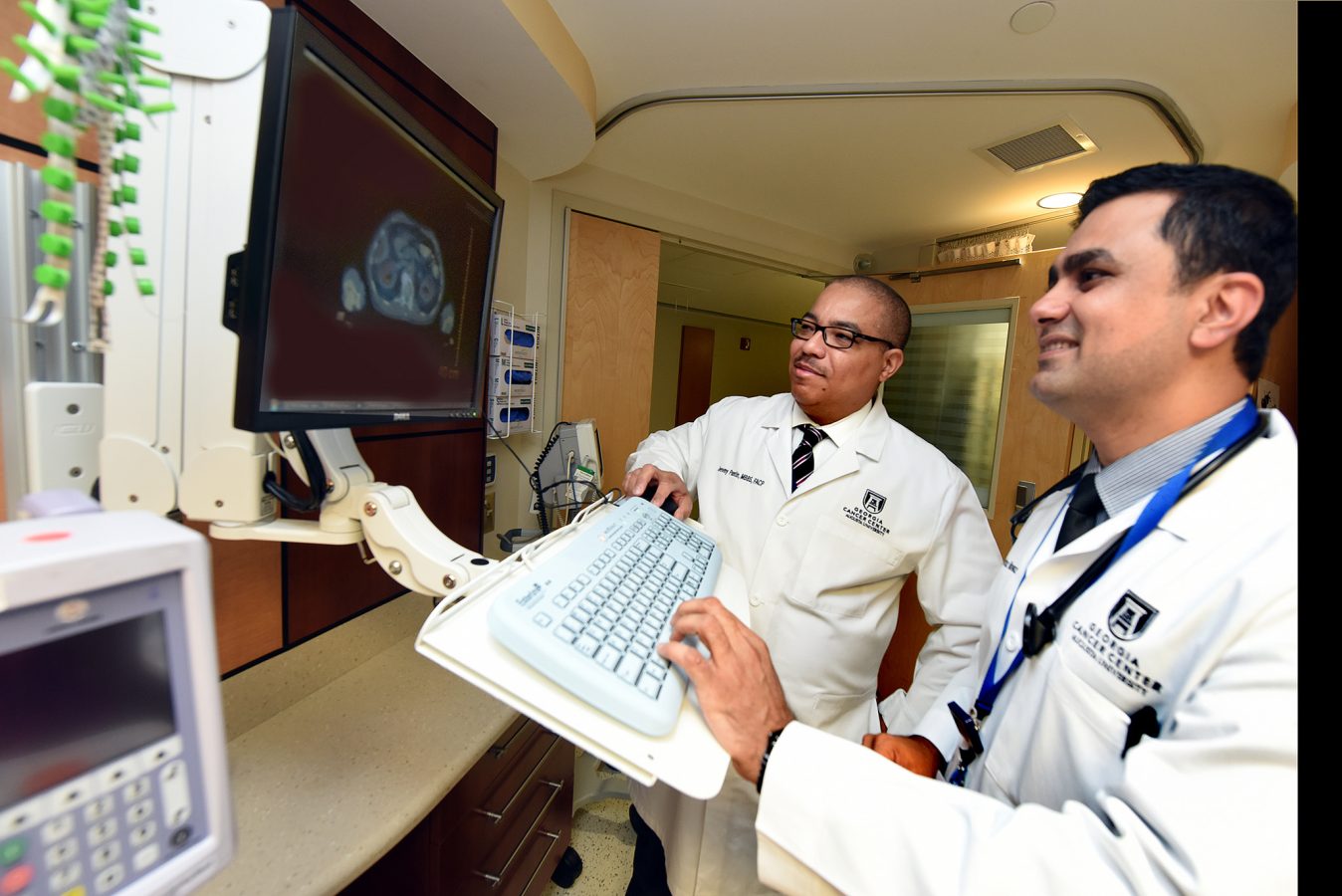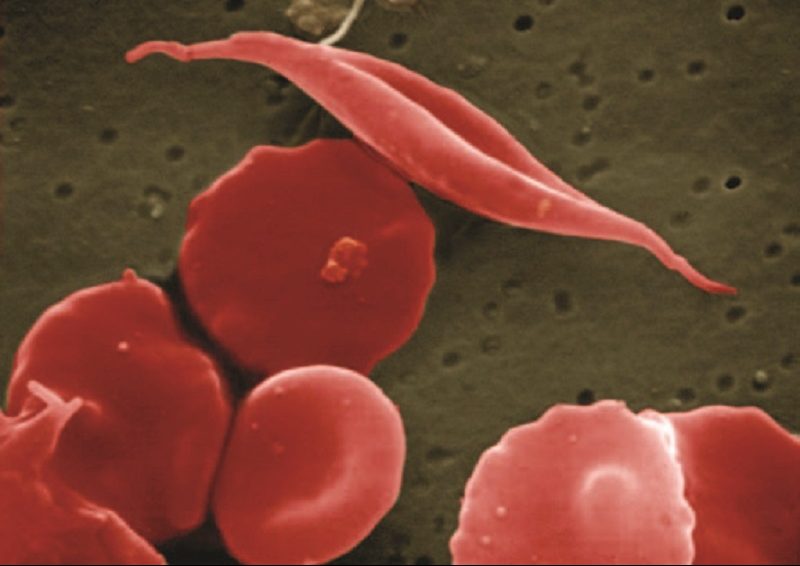 AUGUSTA, Ga. – Sickle cell disease was once labeled a childhood disease, but significant medical advances are allowing patients with this painful blood disorder to live well into adulthood.
AUGUSTA, Ga. – Sickle cell disease was once labeled a childhood disease, but significant medical advances are allowing patients with this painful blood disorder to live well into adulthood.
“Caring for a child with sickle cell disease is challenging for parents, but of equal importance is being sure when children reach adulthood, they are prepared to make their own health care decisions regarding their disease,” said Dr. Leila Jerome Clay, director of the Sickle Cell Transition Program and assistant professor of Pediatrics and Adult Hematology/Oncology at the Augusta University Cancer Center.
To help explain this important transition, the Sickle Cell Transition Program welcomes Dr. Ify Osunkwo, a pediatric and adult hematologist with Carolinas HealthCare System, for Sickling through the Holidays, a seminar for caregivers and patients from 6-9 p.m. Wednesday at the Augusta University Alumni Center, 919 15th St. There also will be special breakout sessions exclusively for teens to discuss and seek advice for specific issues they’re facing in their journey with sickle cell.
“We want young patients who are entering adulthood to know their medical history and to learn how to take care of themselves and be their own advocate,” Clay said. “It’s really important that patients continue to get regular checkups, preventative care, prescriptions and social services help. We want to help them make the transition easily and with confidence.”
Sickle cell disease gets its name from the abnormal sickle shape that the red blood cells take on in patients with the disease. These sickle cells often get stuck in the smaller blood vessels and block the flow of blood and oxygen to organs, causing severe pain, organ damage, serious infections or even stroke.
As early as the 1920s, Augusta University has played an important role in developing clinical programs and research into sickle cell disease. The Augusta University Sickle Cell Center, established in 1972, is a comprehensive, internationally recognized center for sickle cell treatment and research directed by Dr. Abdullah Kutlar, and the pediatric sickle cell program is led by Dr. Betty Pace.
To find out more about this event, call 706-721-1079 or send an email inquiry to nisgeorge@gru.edu.
 Augusta University
Augusta University



